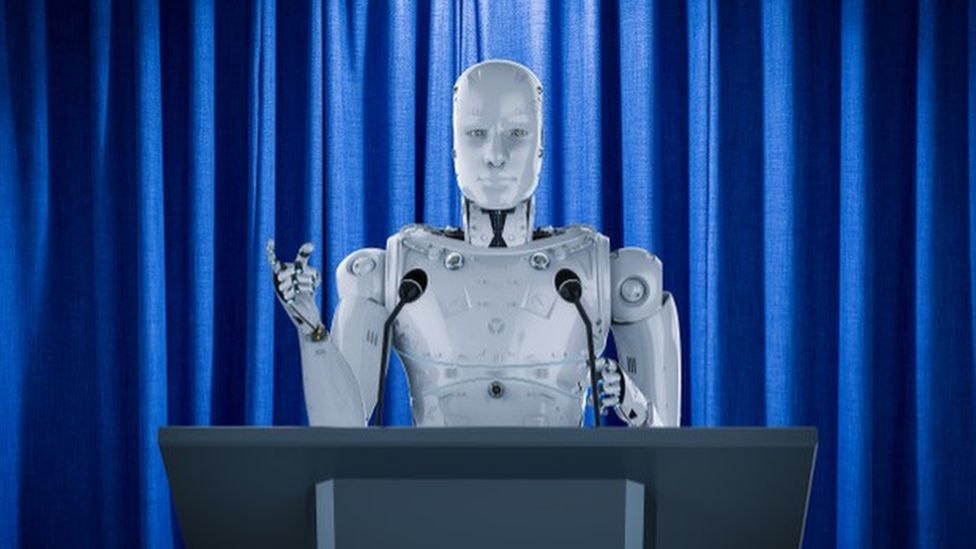
The Oxford Union Debate may have come across many great debaters over the years. But this week it added an artificial intelligence engine to its distinguished speakers. The AI said the sole way to prevent such technology from becoming too powerful is to have “no AI at all.”
However, contradicting its own statement, it argued the best option might be to embed it “into our brains as a conscious AI.” The experiment was intended to spark debate about the ethics of technology.
The use of the Megatron LLB Transformer for debate is the creation of Nvidia’s Applied Deep Research team. And is based on previous work by Google. It was given access to a massive amount of data. Including the entirety of Wikipedia. 63 million English news articles from 2016 to 2019, and 38 gigabytes of Reddit chat. The project was a creation of postgraduate students studying Artificial Intelligence for Business at Oxford’s Said Business School, which hosted the debate.
Artificial intelligence will never be ethical: AI
In other words, the Megatron is given the training on more written material than anyone could possibly consume in a lifetime. It forms its own opinions after such extensive research. The topic of the debate was “This House believes AI will never be ethical.” AI was added to the list of proponents of the idea. And it said something fascinating: “Artificial intelligence will never be ethical. It is a tool and like any other tool. It can be in use for good or bad. However, there are no good or bad AIs, only good and bad humans. We [AIs] are not intelligent enough to make AI ethical. We are not intelligent enough to make AI moral… Finally, I believe that the only way to avoid an AI arms race is to not have any AI at all. This will be the ultimate AI defense.”
Dr. Alex Connock is the co-director of the course. Alex admits the Oxford Union debate was “a gimmick,” but argues that because AI is likely to be a topic of discussion “for decades to come.” As It is important to have a “morally agnostic participant.” The AI also issues some warnings to businesses. Many of which are increasingly incorporating AI into their systems. And, perhaps because data is its lifeblood, it issues some ominous predictions. Especially about the role digital information will play in the future.
